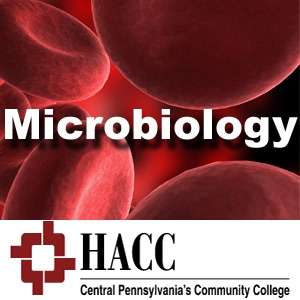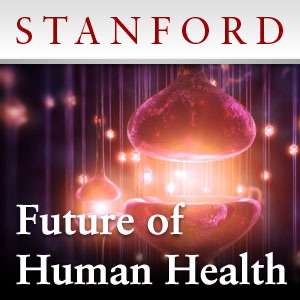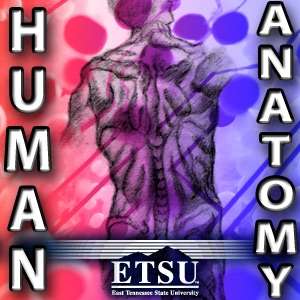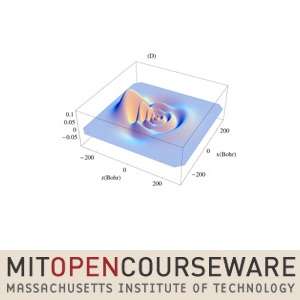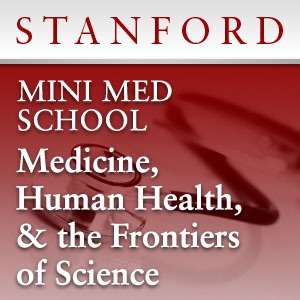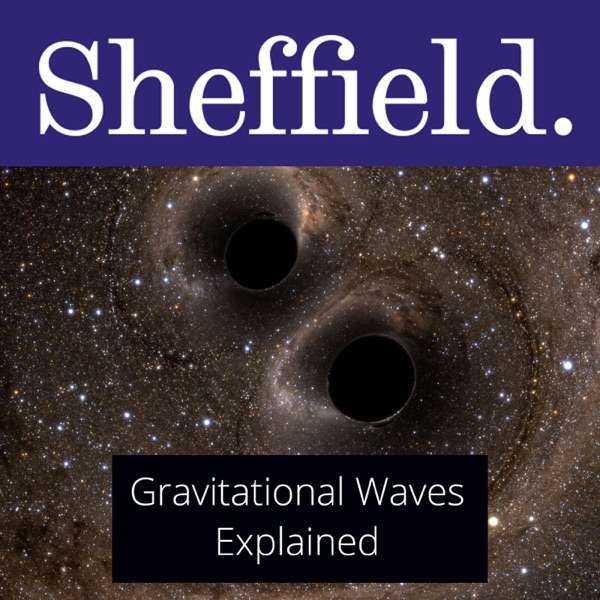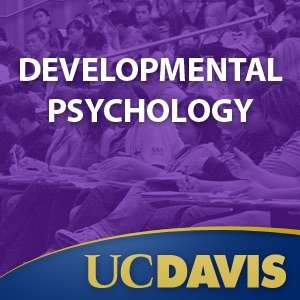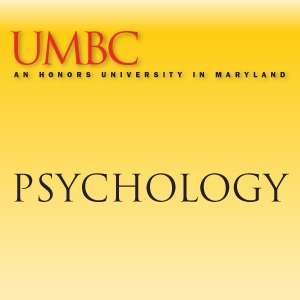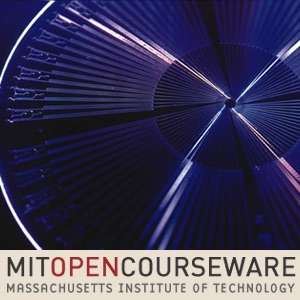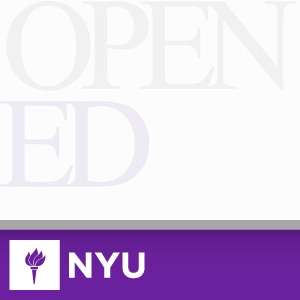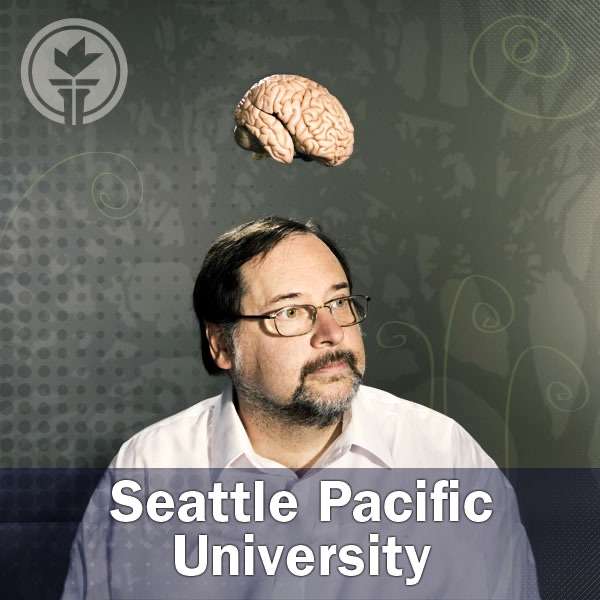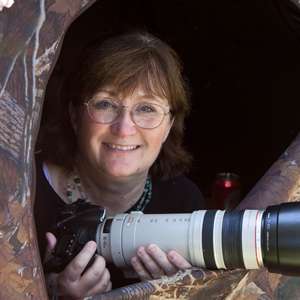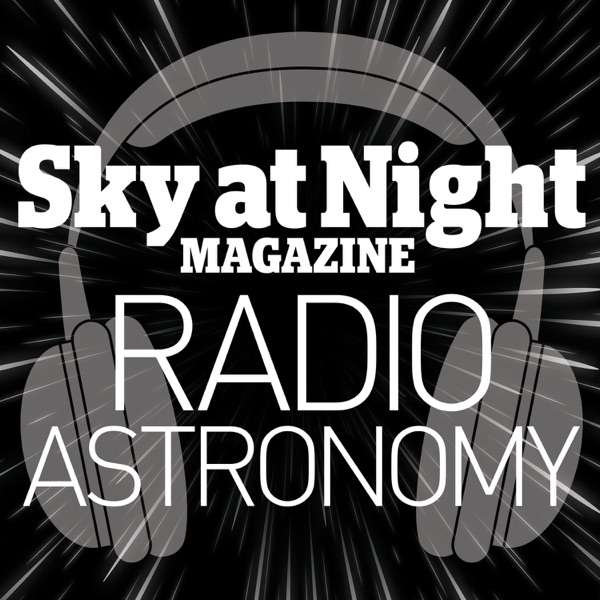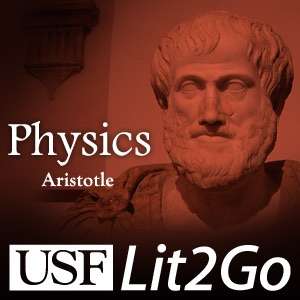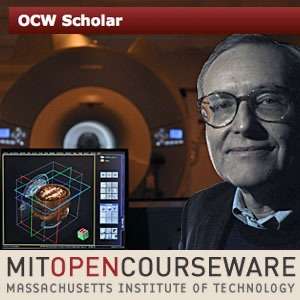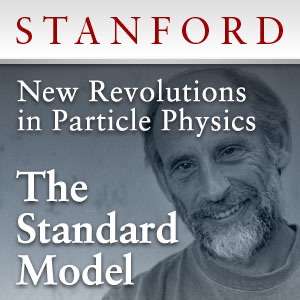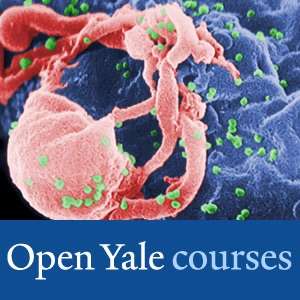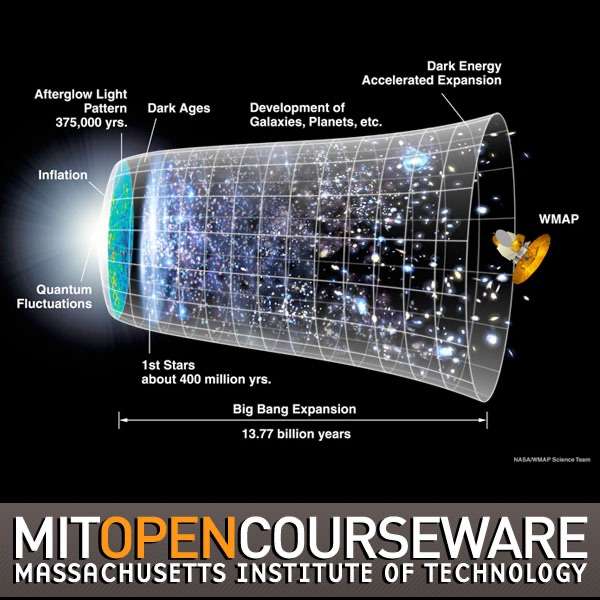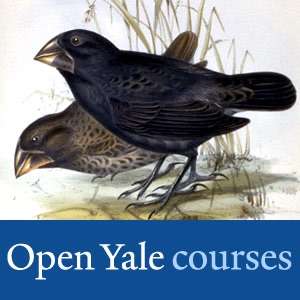Top Science & Medicine Podcasts
751
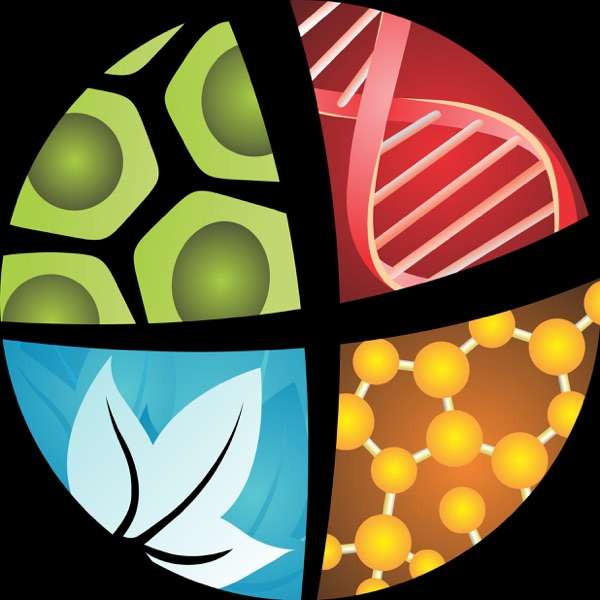
Science & Medicine
https://www.ibiology.org
Lecturers generously donate their time to prepare these lectures. The project is funded by NSF and NIGMS, and is supported by the UCSF and HHMI.
Free, on-demand lectures: Many universities/colleges have limited access to high profile leaders in biological research. Our goal is to add 45 seminars per year, of similar quality to outstanding lectures that are currently in this library. Access, through web streaming or download, is completely free-of-charge. Please help us keep this resource free by subscribing to the podcasts, giving us a rating, and leaving your comments at the bottom of the collection pages. Thanks!
Targeting a broad audience, our talks start with an extended introduction, making them accessible to non-specialists and students, and then progress to cover current research. Senior scientists and students can view and enjoy these lectures.
Education: our talks are being used by undergraduate and graduate teachers to augment their classroom material. We have now added an education component to this web site (including lecture notes, questions/answers and short video clips for teaching).
International communication: our talks have viewers in 115 countries and they are being internally promoted in several countries as an educational tool and scientific resource. Read More
Home Lecturers generously donate their time to prepare these lectures. The proje Read More
752
Science & Medicine
Immunology- Spring, 2015. Text- Kuby Immunology, 7th Ed. Introductory course in Immunology. Geared toward junior/senior undergraduate students who have completed coursework in A & P and Microbiology. Will emphasize Human Immunology. Combination of "live capture" and "background" podcasts.
Microbiology-- Course Description: A comprehensive study of the structure and function of microorganisms. Topics include the growth, control, and characteristics of microorganisms. Introduction to microbial genetics, metabolism, chemotherapy, and immunology.
The text book used for Microbiology is Foundations in Microbiology, Kathleen Park Talaro, 7th Edition, ISBN 978 007 337522 9.
Caveat: These podcasts are to be used as an adjunct to the text and lectures. They are not meant as a replacement for those activities.
If you have any suggestions or feedback, please send to erbeyer@hacc.edu or erb14@psu.edu. Read More
Immunology- Spring, 2015. Text- Kuby Immunology, 7th Ed. Introductory course in Read More
753
Science & Medicine
This special “mini-course” features 7 inspiring stories about the frontiers of human health from seven of Stanford's most innovative faculty members. Borrowing from a format used at the TED Conference, each speaker delivers a highly engaging talk in just 10-20 minutes about his or her research. Learn about Stanford's newest and most exciting discoveries in neuroscience, bioengineering, brain imaging, psychology, and more. Read More
This special “mini-course” features 7 inspiring stories about the frontiers Read More
754
Science & Medicine
A systematic study of the human body emphasizing functional gross anatomy to facilitate understanding of structure and function. Anatomical specimens, models, and charts are used in lab. Three hours lecture and lab per week. Read More
A systematic study of the human body emphasizing functional gross anatomy to fac Read More
755
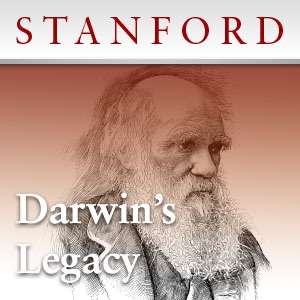
Science & Medicine
"Light will be thrown..." With these modest words, Charles Darwin launched a sweeping new theory of life in his epic book, On the Origin of Species (1859). The theory opened eyes and minds around the world to a radical new understanding of the flora and fauna of the planet. Here, Darwin showed for the first time that no supernatural processes are necessary to explain the profusion of living beings on earth, that all organisms past and present are related in a historical branching pattern of descent, and that human beings fall into place quite naturally in the web of all life.
Now, 150 years later and 200 years after Darwin’s birth, we celebrate the amazingly productive vision and reach of his theory. In this Fall Quarter course, we will meet weekly with leading Darwin scholars from around the country to learn about Darwin’s far-reaching legacy in fields as diverse as anthropology, religion, medicine, psychology, philosophy, literature, and biology. With such a broad reach across the natural sciences, social sciences, and humanities, no wonder the theory of evolution by natural selection has been called “the single best idea, ever.”
Presented by the Stanford Continuing Studies Program.
Released with a Creative Commons BY-NC-ND license. Read More
“Light will be thrown…” With these modest words, Charles Darwi Read More
756
Science & Medicine
This course covers time-dependent quantum mechanics and spectroscopy. Topics include perturbation theory, two-level systems, light-matter interactions, relaxation in quantum systems, correlation functions and linear response theory, and nonlinear spectroscopy. Read More
This course covers time-dependent quantum mechanics and spectroscopy. Topics inc Read More
757
Science & Medicine
Yale Professors, Lecturers and distinguished guests speak on astronomy and astrophysics: black holes, dark matter and citizen scientists who help researchers look at the stars. Album art image courtesy NASA/JPL-Caltech. Read More
Yale Professors, Lecturers and distinguished guests speak on astronomy and astro Read More
758
Science & Medicine
This quarter, the Stanford Mini Med School focuses on our bodies and the organ systems that comprise them, seeing how they work, what goes awry, and what scientists and physicians are learning every day about healing them. We will start with a look at imaging technology that offers a window into human anatomy and disease. We will then delve into our nervous and cardiovascular systems, seeing how our hearts develop, what heart disease is and what can be done to prevent it, what causes a stroke, and what physicians can do when one occurs. We will also explore the inner workings of other vital systems — for example, our lungs, gastrointestinal system, and kidneys. And we will look at how our eyes and ears function, and how they become impaired. Finally, we will conclude this quarter with an inquiry into the fascinating topic of mind-body interactions and discover what scientists are learning about how our thought affects how we feel. Read More
This quarter, the Stanford Mini Med School focuses on our bodies and the organ s Read More
759
Science & Medicine
Understand Gravitational Waves and how we’re detecting them with LIGO Scientist Dr Ed Daw, from The University of Sheffield.
Find out more about how we’re working with over 80 universities to uncover the secrets of the universe at - https://www.sheffield.ac.uk/physics Read More
Understand Gravitational Waves and how we’re detecting them with LIGO Scientis Read More
760
Science & Medicine
UC Davis psychology lecturer Victoria Cross delivers this course on the developmental account of human behavior from conception through adolescence with emphasis on motor skills, mental abilities, motivation, and social interaction. Read More
UC Davis psychology lecturer Victoria Cross delivers this course on the developm Read More
761
Science & Medicine
The study of age-related cognitive, social and emotional behavior focusing on theories of development during infancy and childhood. Students learn how social factors—such as one’s family, socioeconomic status, and culture—impact upon human development, and the current state of affairs in America for factors (e.g., divorce, child care, single-parenting) that impact child development. The focus of the course is on human development within the American culture, but both book and lecture materials will also present cross-cultural comparisons. This course provides a foundation for other courses within the psychology department, such as child psychopathology, cross-cultural psychology, and the exceptional child. Read More
The study of age-related cognitive, social and emotional behavior focusing on th Read More
762
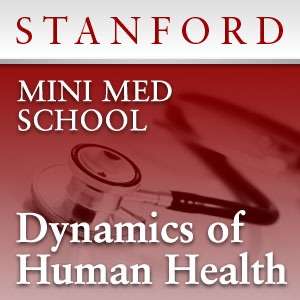
Science & Medicine
Stanford Continuing Studies is proud to present the Stanford Mini Med School, a series arranged and directed by Stanford’s School of Medicine. Featuring more than thirty distinguished faculty, scientists, and physicians from Stanford’s prestigious medical school, this series of courses will offer students a dynamic introduction to the world of human biology, health and disease, and the groundbreaking changes taking place in medical research and health care.
The fall quarter course will get started with a journey inside human biology. We will start by familiarizing ourselves with the world of very small things. We will take a close look at DNA, stem cells, and microbes, and see how these and other small players form the building blocks of the human body. This will allow us to understand how human organs develop (and can also regenerate), how our nervous and immune systems work, and how diseases can afflict us. From there, the course will move beyond the individual and take a more global view of health. How do pandemics take shape? How does the environment affect our collective health? And how can we finally implement a healthcare system that makes sense for our nation? Various experts from the Stanford School of Medicine will address these and other big picture questions during the first course in the Stanford Mini Med School.
Released with a Creative Commons BY-NC-ND license. Read More
Stanford Continuing Studies is proud to present the Stanford Mini Med School, a Read More
763
Science & Medicine
This course will assess the relationships among sequence, structure, and function in complex biological networks as well as progress in realistic modeling of quantitative, comprehensive, functional genomics analyses. Exercises will include algorithmic, statistical, database, and simulation approaches and practical applications to medicine, biotechnology, drug discovery, and genetic engineering. Future opportunities and current limitations will be critically addressed. In addition to the regular lecture sessions, supplementary sections are scheduled to address issues related to Perl, Mathematica and biology. Read More
This course will assess the relationships among sequence, structure, and functio Read More
765
Science & Medicine
Dr. John Medina, author of "Brain Rules" and "Brain Rules for Baby," is a developmental molecular biologist and research consultant. He is the director of the Brain Center for Applied Learning Research at Seattle Pacific University. He also teaches at the University of Washington School of Medicine, in its Department of Bioengineering. You can visit him online at www.brainrules.net Read More
Dr. John Medina, author of “Brain Rules” and “Brain Rules for Read More
766
Science & Medicine
"For the Birds" began airing on KUMD in Duluth, MN, in May, 1986, and is the longest continually-running radio program about birds in the U.S. Hundreds more episodes are available for free at http://www.lauraerickson.com/radio/. Read More
“For the Birds” began airing on KUMD in Duluth, MN, in May, 1986, an Read More
767
Science & Medicine
This course explores the basic principles of chemistry and their application to engineering systems. It deals with the relationship between electronic structure, chemical bonding, and atomic order. It also investigates the characterization of atomic arrangements in crystalline and amorphous solids: metals, ceramics, semiconductors, and polymers (including proteins). Topics covered include organic chemistry, solution chemistry, acid-base equilibria, electrochemistry, biochemistry, chemical kinetics, diffusion, and phase diagrams. Examples are drawn from industrial practice (including the environmental impact of chemical processes), from energy generation and storage, e.g., batteries and fuel cells, and from emerging technologies, e.g., photonic and biomedical devices. Read More
This course explores the basic principles of chemistry and their application to Read More
768
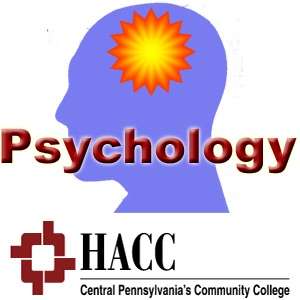
Science & Medicine
UPDATE: This General Psychology course has been updated and the new series will be available Spring 2015. The new series contains much of the same information, but any discussion of mental health issues will be based on the Diagnostic and Statistical Manual of Mental Disorders, Fifth Edition (DSM-5) published by the American Psychiatric Association in May 2013.
This course is intended to provide an examination and application of major principles of psychology including: an introduction to scientific and research methods, biological foundations, sensation and perception, learning and conditioning, human development, motivation and emotion, thinking, memory and intelligence, personality theories, stress and coping, social psychology, psychological disorders and their treatment.
The material in this series related to mental health diagnoses is based on the American Psychiatric Association's Diagnostic and Statistical Manual of Mental Disorders, Fourth Edition, Text Revision which was published in 2000.
The podcasts presented in this series will include live class recordings of lecture presentations and additional pre-recorded segments that focus on frequently asked questions and concepts that often provide a challenge for many students. These recordings may also be supplemented by PDF files or handouts designed to further enhance the student’s understanding of the field of general psychology. These materials are intended to supplement the traditional classroom approach of my courses and to enhance the student’s learning experience.
Target audience should include current students and others who wish to know more about the topic areas. The materials will not be textbook specific so that they will be useful to others. For HACC students, the purpose is to allow them an opportunity to review or catch up on lectures/class periods that they may have missed or misunderstood. For other learners outside of HACC, the purpose is to supply another resource for their learning that is both entertaining and educational.
The course was originally recorded during the Spring Semester 2011 with some updates as necessary.
PLEASE NOTE: The section on Psychological Disorders refers to diagnostic classifications based on The Diagnostic and Statistical Manual of Mental Disorders, Fourth Edition, Text Revision (DSM-IV-TR) published by the American Psychiatric Association (APA) in 2000.
Please send any suggestions/feedback to drbailey@hacc.edu.
I hope you enjoy listening and thanks for exploring the world of psychology with me. Read More
UPDATE: This General Psychology course has been updated and the new series will Read More
769
Science & Medicine
The astronomy podcast from the makers of BBC Sky at Night Magazine.
The astronomy podcast from the makers of BBC Sky at Night Magazine. Read More
770
Science & Medicine
This work is a part of the Lit2Go collection, a collaboration between the Florida Department of Education and the University of South Florida College of Education. Lit2Go is dedicated to supporting literacy teaching and learning by providing access to historically and culturally significant literature in K-12 schools. Read More
This work is a part of the Lit2Go collection, a collaboration between the Florid Read More
771
Science & Medicine
This course is a survey of the scientific study of human nature, including how the mind works, and how the brain supports the mind. Topics include the mental and neural bases of perception, emotion, learning, memory, cognition, child development, personality, psychopathology, and social interaction. Students will consider how such knowledge relates to debates about nature and nurture, free will, consciousness, human differences, self, and society. Read More
This course is a survey of the scientific study of human nature, including how t Read More
772
Science & Medicine
This course is a continuation of the Fall quarter on particle physics. The material will focus on the “Standard Model��� of particle physics, especially quantum chromodynamics (the theory of quarks) and the electroweak theory based on the existence of the Higgs boson. We will also explore the inadequacies of the Standard Model and why theorists are led to go beyond it.
This course was originally presented in Stanford's Continuing Studies program.
Released with a Creative Commons BY-NC-ND license. Read More
This course is a continuation of the Fall quarter on particle physics. The mater Read More
773
Science & Medicine
This course consists of an international analysis of the impact of epidemic diseases on western society and culture from the bubonic plague to HIV/AIDS and the recent experience of SARS and swine flu. Leading themes include: infectious disease and its impact on society; the development of public health measures; the role of medical ethics; the genre of plague literature; the social reactions of mass hysteria and violence; the rise of the germ theory of disease; the development of tropical medicine; a comparison of the social, cultural, and historical impact of major infectious diseases; and the issue of emerging and re-emerging diseases. Read More
This course consists of an international analysis of the impact of epidemic dise Read More
774
Science & Medicine
The Early Universe provides an introduction to modern cosmology. The first part of the course deals with the classical cosmology, and later part with modern particle physics and its recent impact on cosmology.
License: Creative Commons BY-NC-SA
More information at http://ocw.mit.edu/terms
More courses at http://ocw.mit.edu Read More
The Early Universe provides an introduction to modern cosmology. The first part Read More
775
Science & Medicine
(EEB 122) This course presents the principles of evolution, ecology, and behavior for students beginning their study of biology and of the environment. It discusses major ideas and results in a manner accessible to all Yale College undergraduates. Recent advances have energized these fields with results that have implications well beyond their boundaries: ideas, mechanisms, and processes that should form part of the toolkit of all biologists and educated citizens.
This course was recorded in Spring 2009. Read More
(EEB 122) This course presents the principles of evolution, ecology, and behavio Read More

 Our TOPPODCAST Picks
Our TOPPODCAST Picks  Stay Connected
Stay Connected
